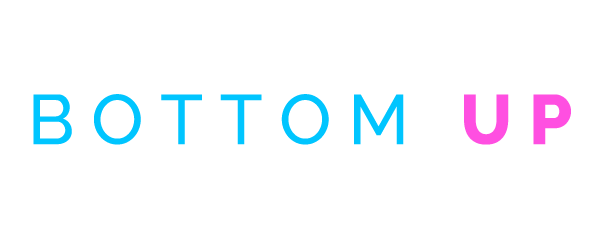BUPA DOJO is an immersive learning experience between pairs in which the person gets involved in a vivid process through practice and concept experimentation that led to strengthen and accelerate the acquisition of new skills of work ecosystems.
BUPA DOJO is an immersive learning experience between pairs in which the person gets involved in a vivid process through practice and concept experimentation that led to strengthen and accelerate the acquisition of new skills of work ecosystems.
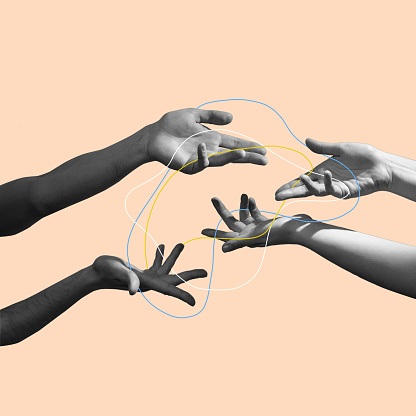
We are living a unique moment in the history of organizations. It is necessary to develop talent aligned with product development and people sufficiently flexible to learn how to learn and to give efficient answers based on simplification. DOJO helps to create competitive advantages for the next generation of organizations.
BUPA DOJO accompanies to elevate skills on people that form groups of any kind to help them focus on their tasks adding extra value to the client. It also gives the best chance to capture opportunities and obtain optimal results for the organization.
In this digital era, we can learn almost anything via streaming or YouTube tutorials. It is hard to think of going to a certain place to learn different concepts.
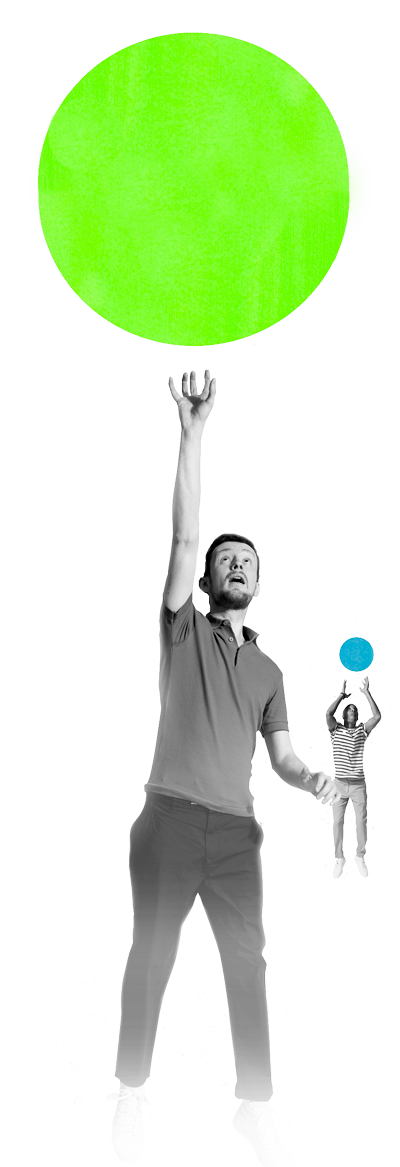
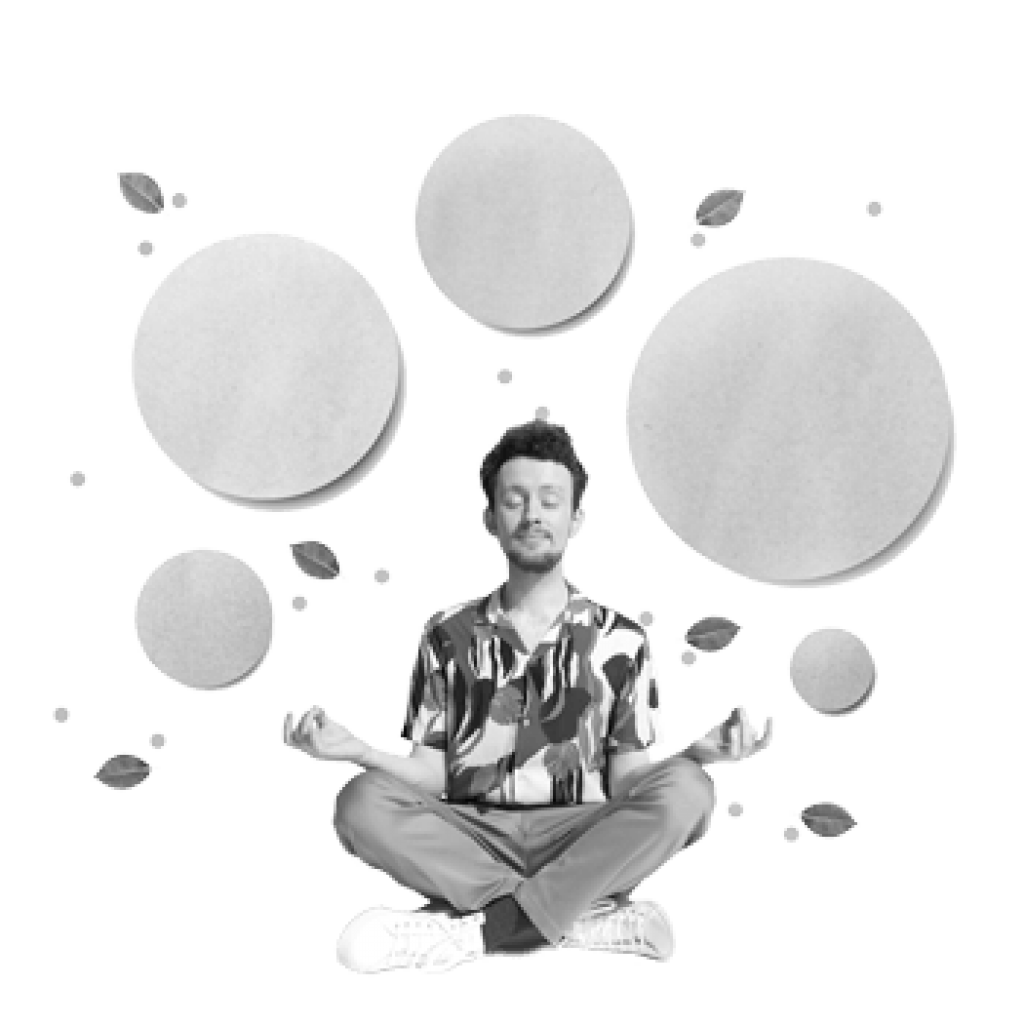
Dojo takes us back to martial arts (the traditional method to learn and master them, and the most effective one so far). A Dojo means to find an experienced master that teaches Why, What and How to do it.
"BUPA DOJO: The way to accelerate the creation of skills and learning."
Our Dojo solves many issues commonly experienced by the participants, collective intelligence generates knowledge in the communities permitting to hold the organizational talent. Thus, this enables a much higher adoption rate of new methods after the “class” is over.
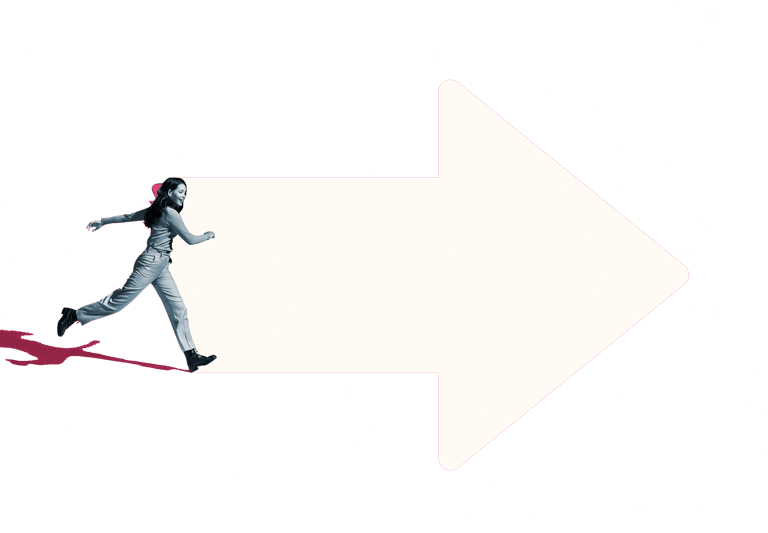
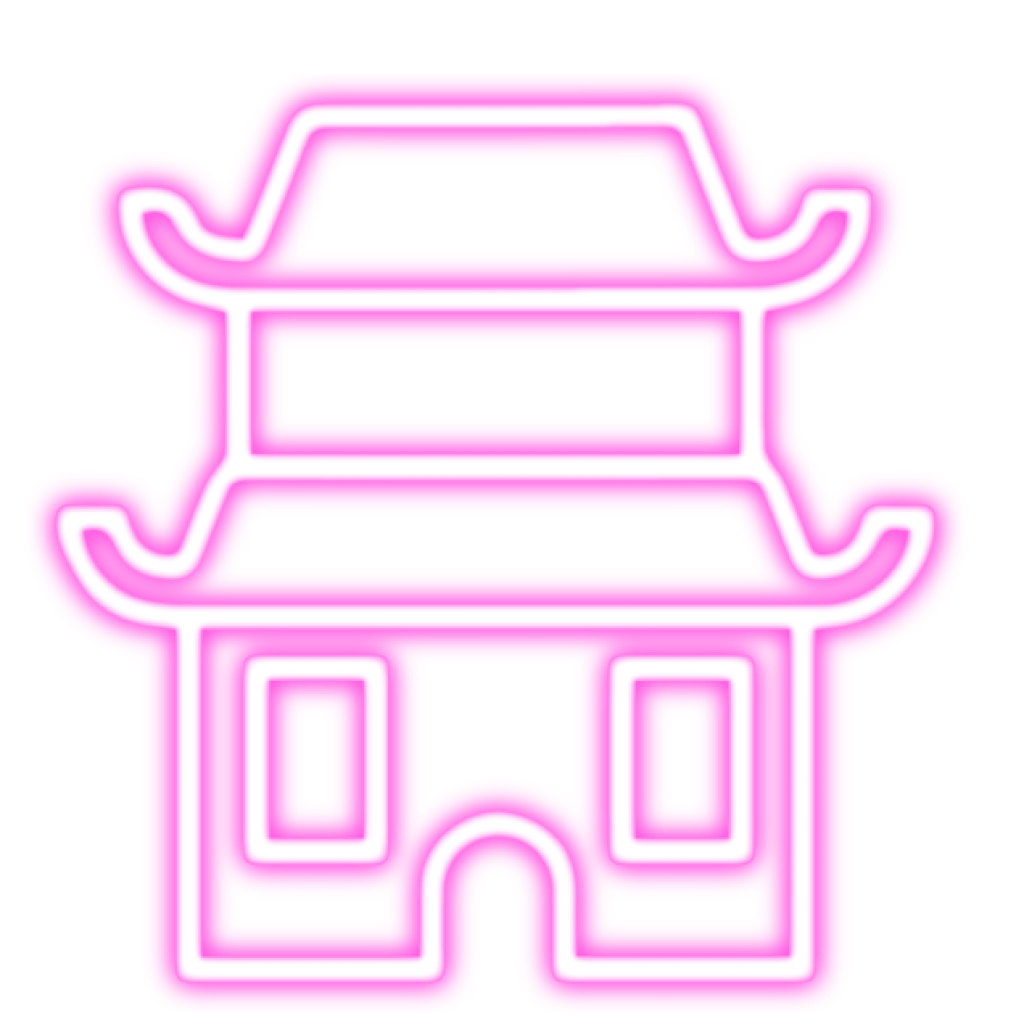
DOJO
In times when certifications are necessary, but not enough and in which many organizations are agility-based, we have a learning plan that lets you work with your team in a more dynamic and iterative way to get better value results for your clients. We invite you to potentiate all your knowledge of Agility by going deeper into your facilitation and management skills in a practical way.

IMMERSIVE DOJO

ForFacilitators
Fundamentals | What will I learn?
- The role of facilitators, models and archetypes.
- Questions that create ecosystems. Generative conversations.
- The role of a facilitator.
- Consensus approach models.
- Value-driven delivery Iterative models.
- Product centric - customer centric
- Lean startup thinking
- Solutions/Minimal functioning products.
- Empirical learning.
- No more feedback.
- Methodological tools needed to manage and execute teams.
ForProduct management
Fundamentals | What will i learn?
- The role of Product Owner/product manager, models and archetypes.
- The interaction “soup” (within my scope, influence and out of my scope)
- Questions that create ecosystems. Generative conversations.
- Decision making and agility business environments agility.
- Consensus approach models.
- Value-driven delivery Iterative models.
- Mindsets: Product centric - customer centric.
- Lean startup thinking.
- Solutions/minimal functioning products.
- Empirical learning. (experimentation)
- Methodological tools needed for team management and performance from the PO/PM point of view.
ForFacilitators
ForProduct management
Fundamentals | What will i learn?
- The role of facilitators, models and archetypes.
- Questions that create ecosystems. Generative conversations.
- The role of a facilitator.
- Consensus approach models.
- Value-driven delivery Iterative models.
- Product centric - customer centric.
- Lean startup thinking
- Solutions/Minimal functioning products.
- Empirical learning.
- No more feedback.
- Methodological tools needed to manage and execute teams.
Fundamentals | What will i learn?
- The role of Product Owner/product manager, models and archetypes.
- The interaction “soup” (within my scope, influence and out of my scope)
- Questions that create ecosystems. Generative conversations.
- Decision making and agility business environments agility.
- Consensus approach models.
- Value-driven delivery Iterative models.
- Mindsets: Product centric - customer centric.
- Lean startup thinking.
- Solutions/minimal functioning products.
- Empirical learning. (experimentation)
- Methodological tools needed for team management and performance from the PO/PM point of view.
FORMAT
Up to 5 workshops of 4hs each to work on programs.
The objective is to build and experiment techniques, fundamentals and tools personally. All of them determine a mindset to go back to your organization by generating game-changers.
